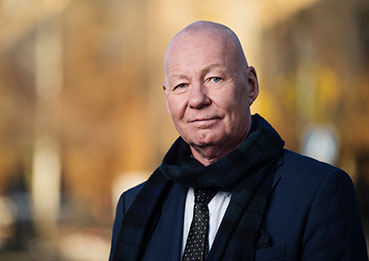From time to time, attention is also drawn to the effectiveness of supervisory and control systems. The question is whether the resources spent on control are commensurate with what is achieved in terms of improved quality or resource efficiency.
In addition to the activities to be carried out within each authority, the state also wants to achieve general objectives related to things like environmental sustainability, gender equality, permanent archive management, zero tolerance of victimisation or discrimination, GDPR, security protection, etc. These are all legitimate objectives and, for one reason or another, necessary values to uphold.
In recent years, the consequences of this layered governance have been problematized, including in reports by the SUHF. In addition, the relevant minister has expressed ambitions to reduce bureaucratic micromanagement, and the Swedish Agency for Public Management has consequently been tasked with examining the consequences for higher education institutions in particular.
In addition to the control, oversight or audit mechanisms that result from the above, each authority, including universities, needs to ensure that the organisation makes decisions in the right way, deals with different issues in a legally sound way, or ensures that different requirements are dealt with in accordance with the applicable regulations. This gives rise to policies, procedures and other governing documents that either refine externally imposed requirements or add new locally defined requirements.
The SUHF report published earlier this year by Ahlbäck Öberg and Boberg states on the last page that “…university managers should take greater responsibility for pointing out the excessive demands that the current state control entails, and that they should also ensure that their own university is not overburdened with administrative tasks that crowd out core activities.
In other words, it is high time to do two things.
First, the overburdening of universities in the form of burdens, controls and requirements of all kinds needs to be recognised (and reduced). When all is said and done, the result is not a more efficient operation with higher quality, but a heavier bureaucracy that risks reducing the amount of resources that actually go to core activities. This is wrong!
Second, the universities themselves need to look at how governance is organised.
What needs to be governed should be governed in a sensible way. Where things need to be done equally, they should be done equally. But there are also times when the level of detail in governance is too high, and the arrangements that are decided locally become overly complicated and resource-intensive, and tend to contribute to more bureaucracy rather than more quality in the organisation. This is also wrong!
Removing a rule, reducing the level of detail or cutting back on reporting also means that there is confidence that the organization is doing the right thing.

